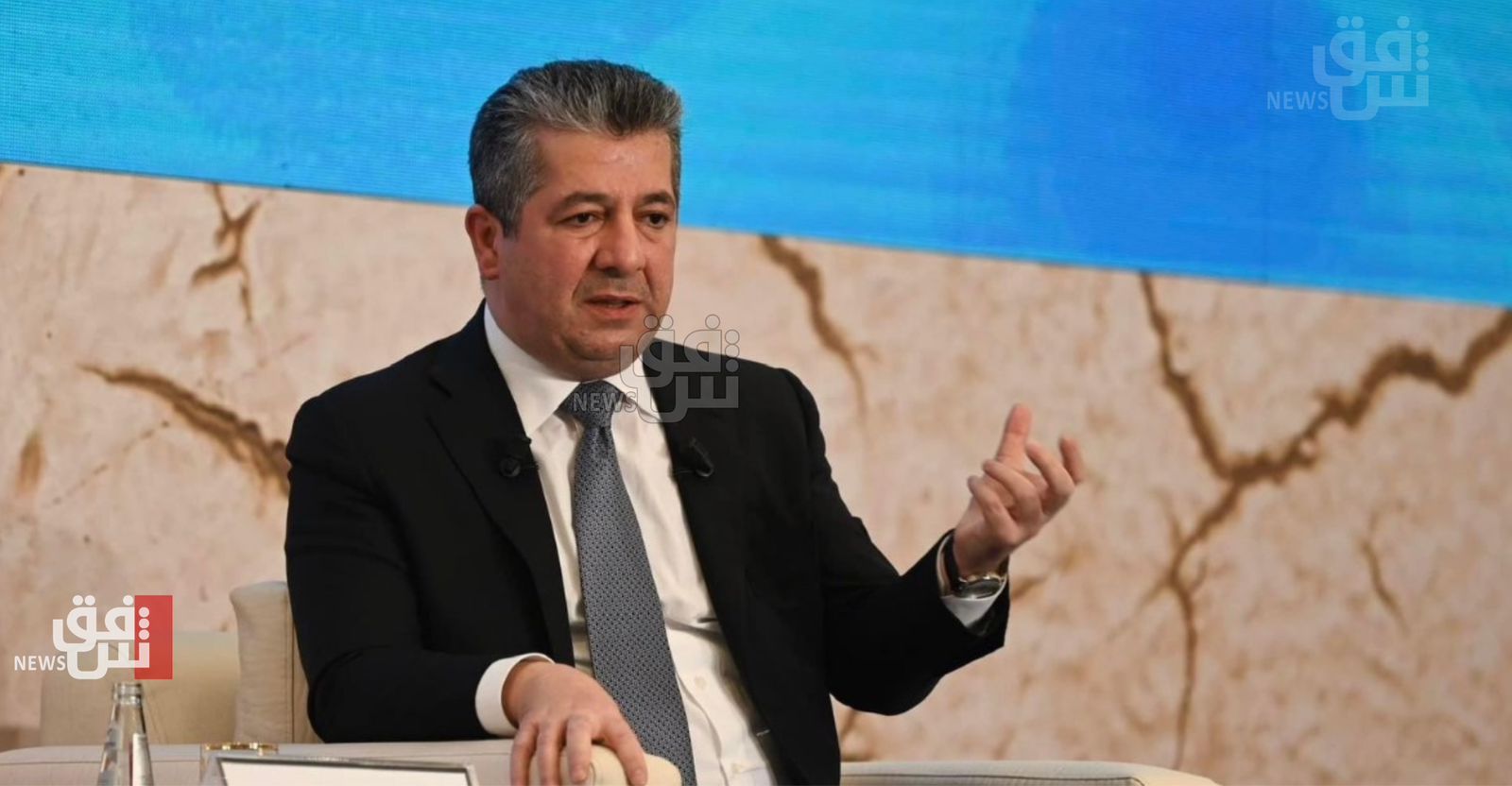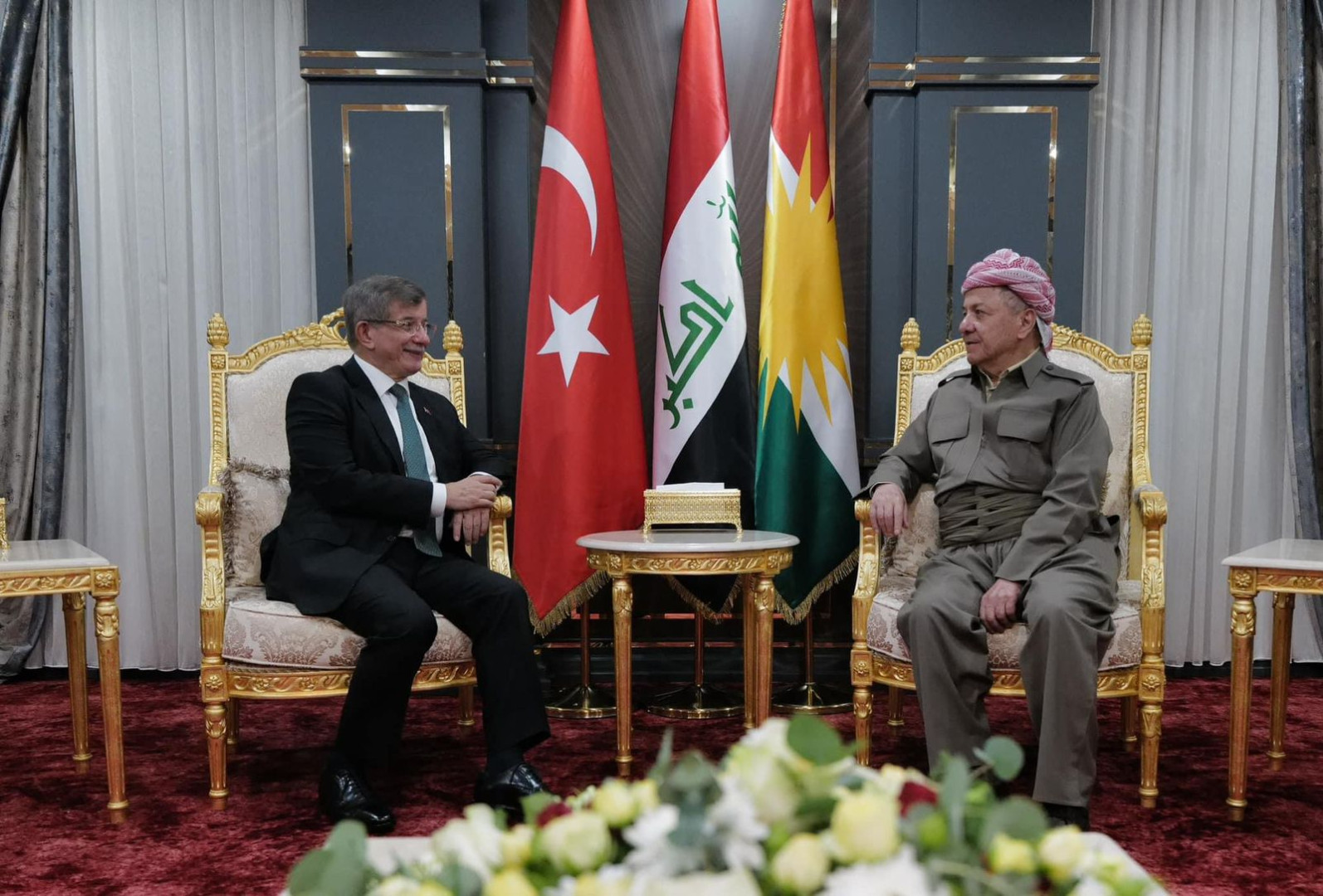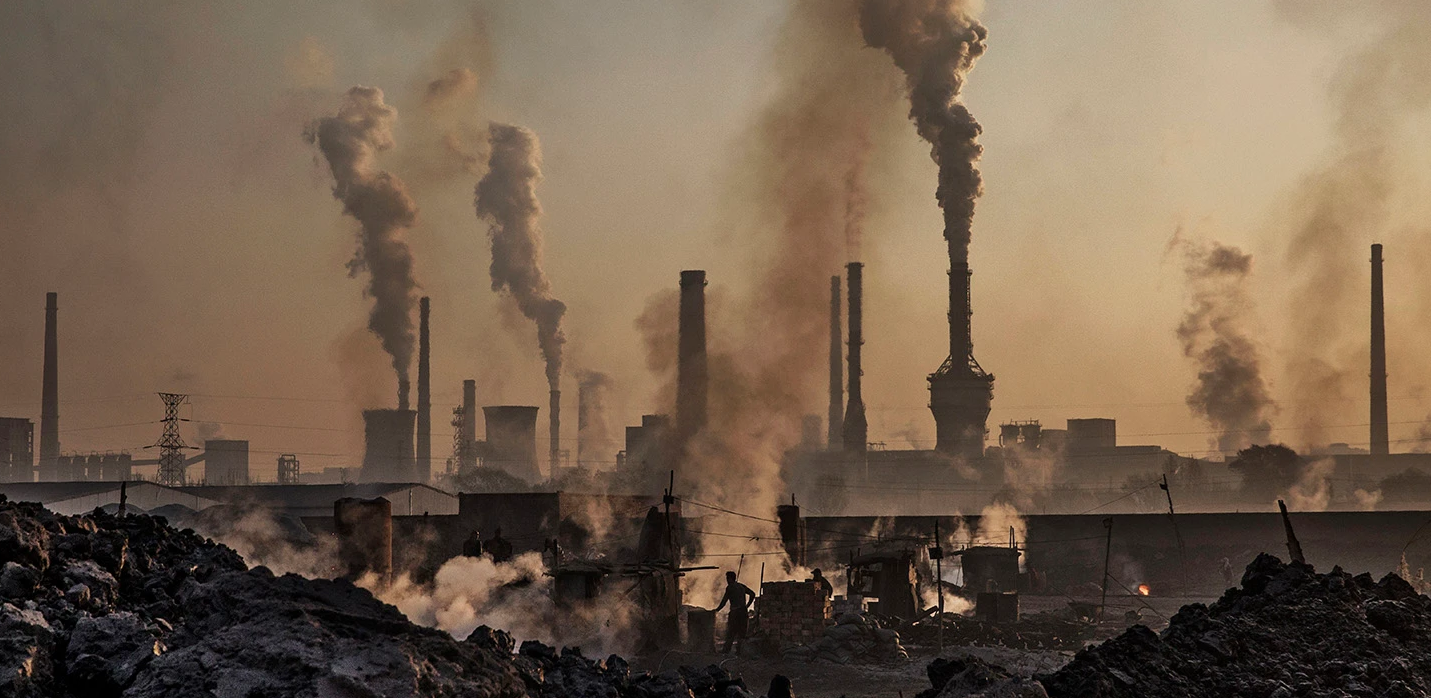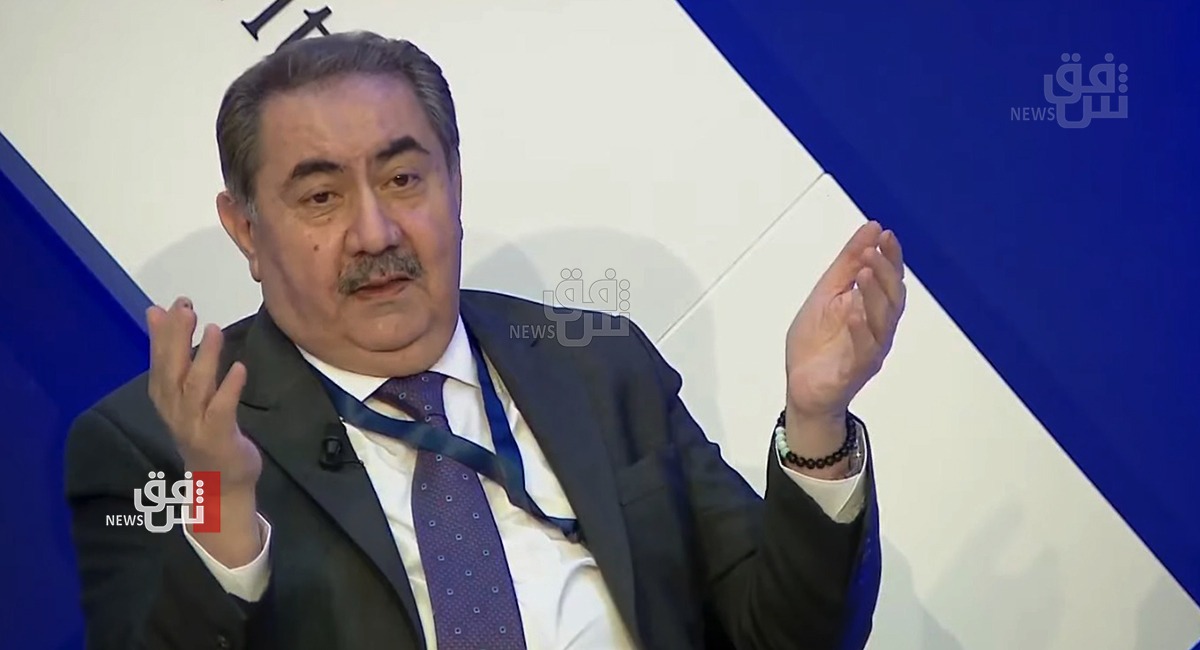PM Barzani calls for innovative resource management in Iraq to combat climate change

Shafaq News/ Kurdistan's Prime Minister Masrour Barzani on Sunday called for a shift in the resource management strategies in Iraq, raising concerns over the region's water security amid rapidly changing regional dynamics.
Addressing the opening ceremony of the "Drought, Climate Change, and Economic and Demographic Policies in Iraq" conference in Erbil, Barzani called for "a fresh approach to managing natural resources in Iraq to minimize waste and raise public awareness to prevent environmental harm."
"I believe Iraq has not yet reached the point of water scarcity compared to countries like Jordan and Syria," he added, stressing that "prioritizing the agricultural sector is a crucial step to mitigate the effects of climate change and transform it into an economic revenue stream. We have implemented this in the Kurdistan Region."
"Events in other Iraqi governorates impact the Kurdistan Region, and we are prepared to collaborate with Baghdad," he added, noting that "the Region has a favorable environment to mitigate climate change impacts."
"The federal government has a responsibility to address this issue," Barzani asserted. "Our capabilities have been up to the task. We have taken environmental protection measures for some time by constructing dams and revitalizing forests."
"One of the key elements in addressing climate change is the citizens." He continued, "The focus now is on how to manage the risks of climate change, which will pose a threat to citizens and the region if appropriate solutions are not found."
Iraq is projected to be among the five countries hardest hit by the impact of climate change. The country is already witnessing a depreciating water supply and accelerating desertification, leading to the loss of as much as 60,000 acres of arable land each year, according to Iraqi government and United Nations sources.
These climate phenomena threaten the livelihoods and food security of Iraq’s population of an estimated 43 million, creating conditions for displacement, instability, and a deterioration of social cohesion.
The water crisis has grown steadily amid severe drought, upstream damming practices in Turkiye and Iran, and increased domestic consumption within the country's borders.
The impact of climate change grows with each passing year, and so does Iraq’s population — projected to reach 80 million by the year 2050 — while the country’s resources are decreasing. Temperatures in Iraq are rising roughly seven times faster than the global average, which diminishes water levels through evaporation. By the end of the century, water levels in the Tigris and Euphrates rivers will likely decline by a minimum of 30 percent and up to 70 percent, necessitating long-range planning of resource management, particularly in agricultural areas. The loss of agricultural livelihoods in water-scarce regions has already accelerated migration across Iraq’s southern and central provinces and provoked local-level disputes over water sharing. As of September 2023, the International Organization for Migration estimated that 130,788 individuals remained displaced due to factors related to drought conditions and acute water scarcity.




